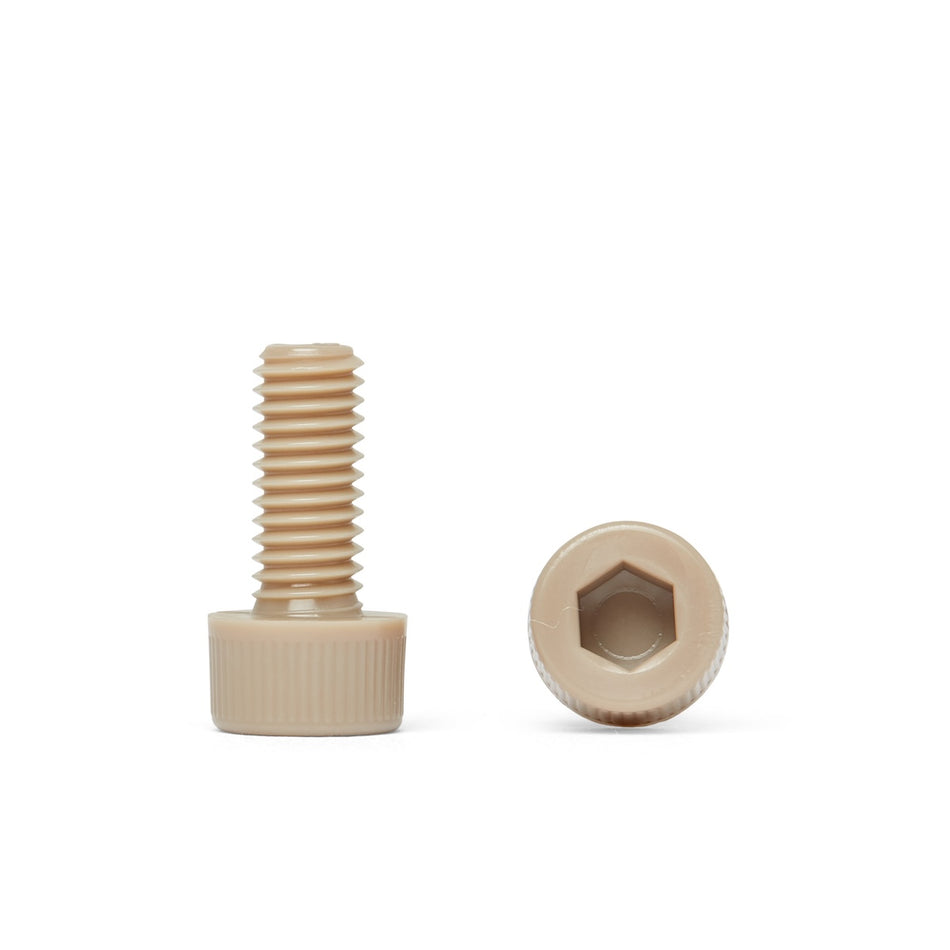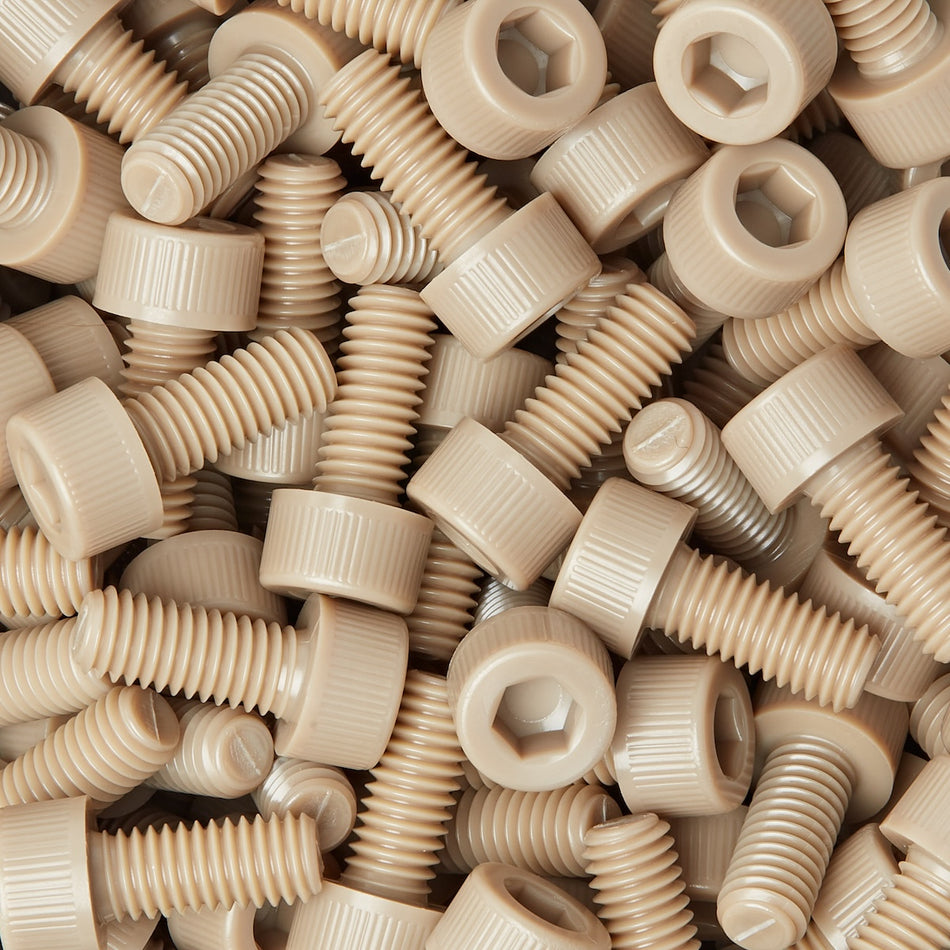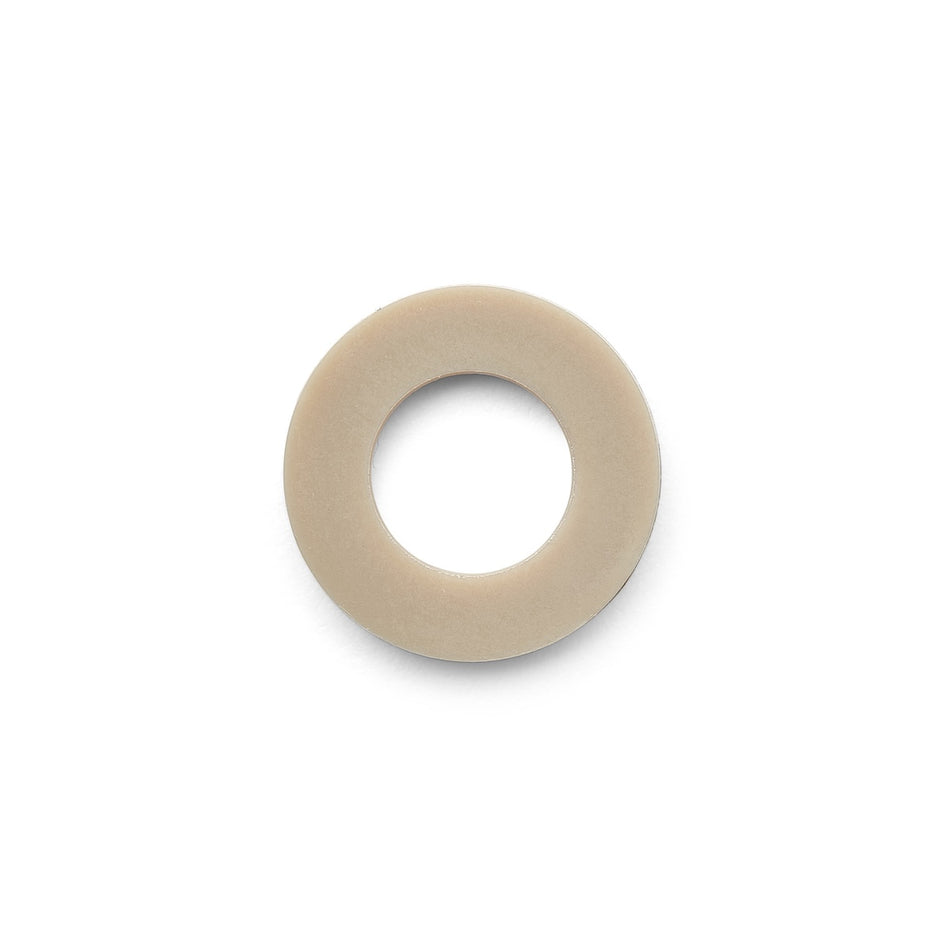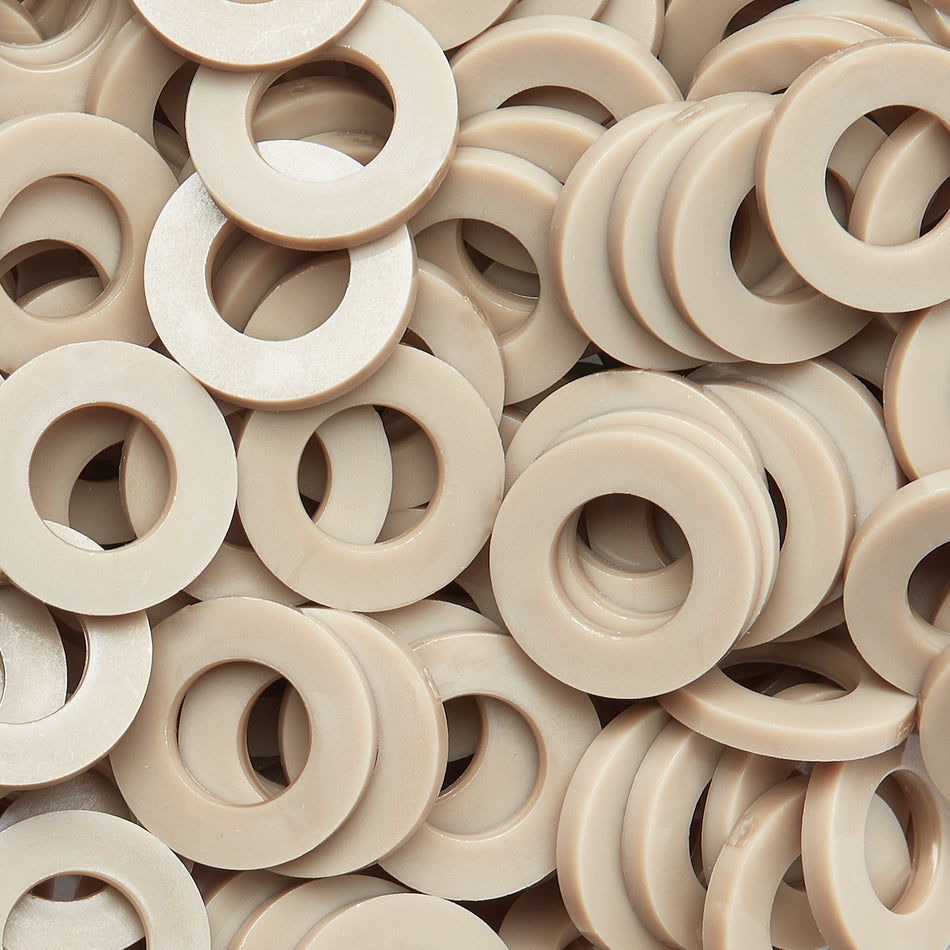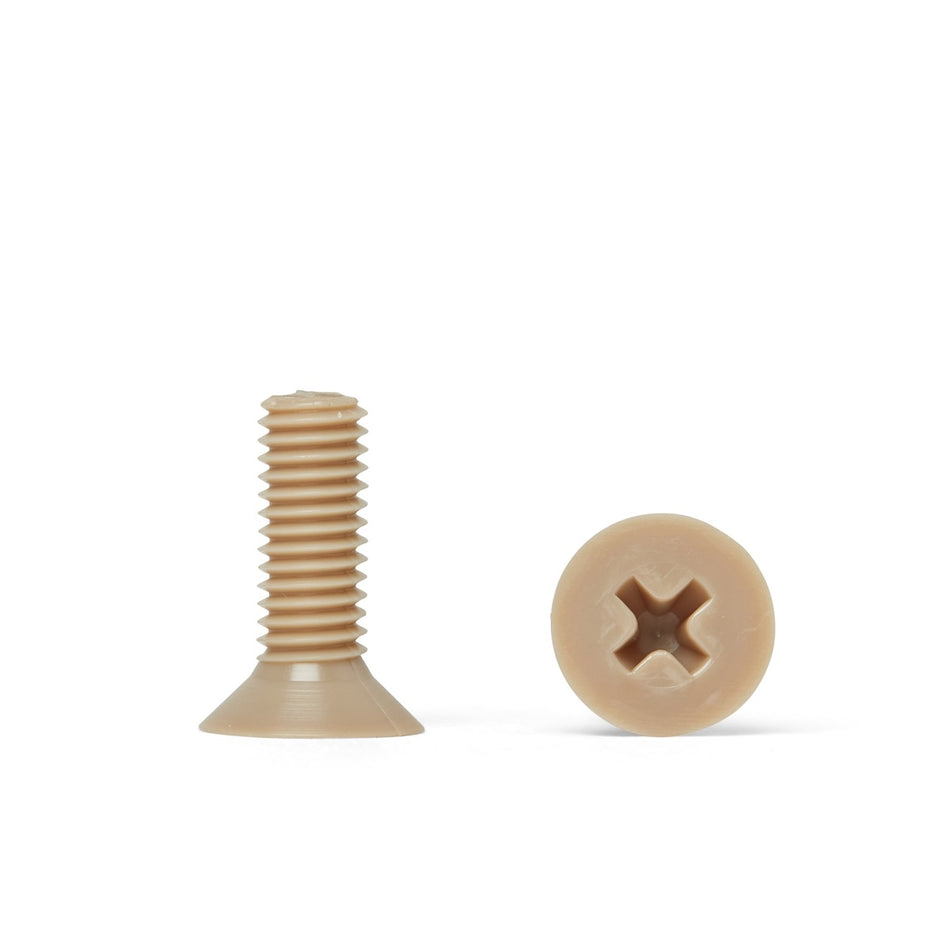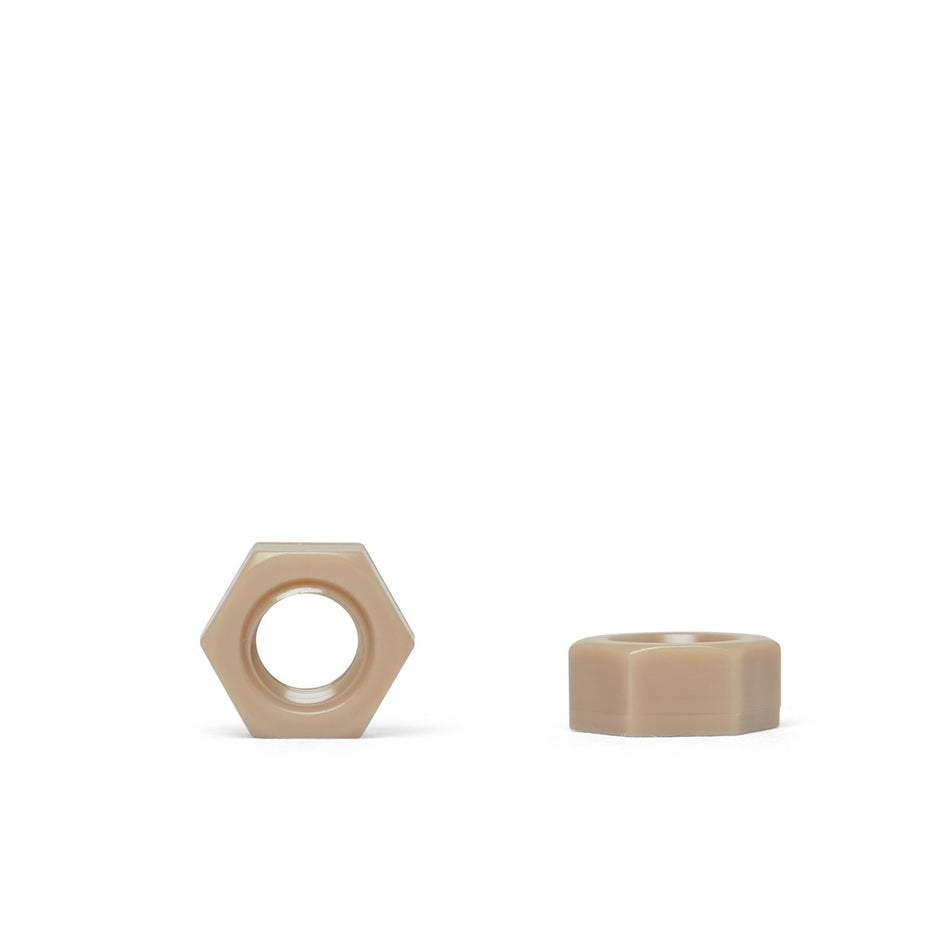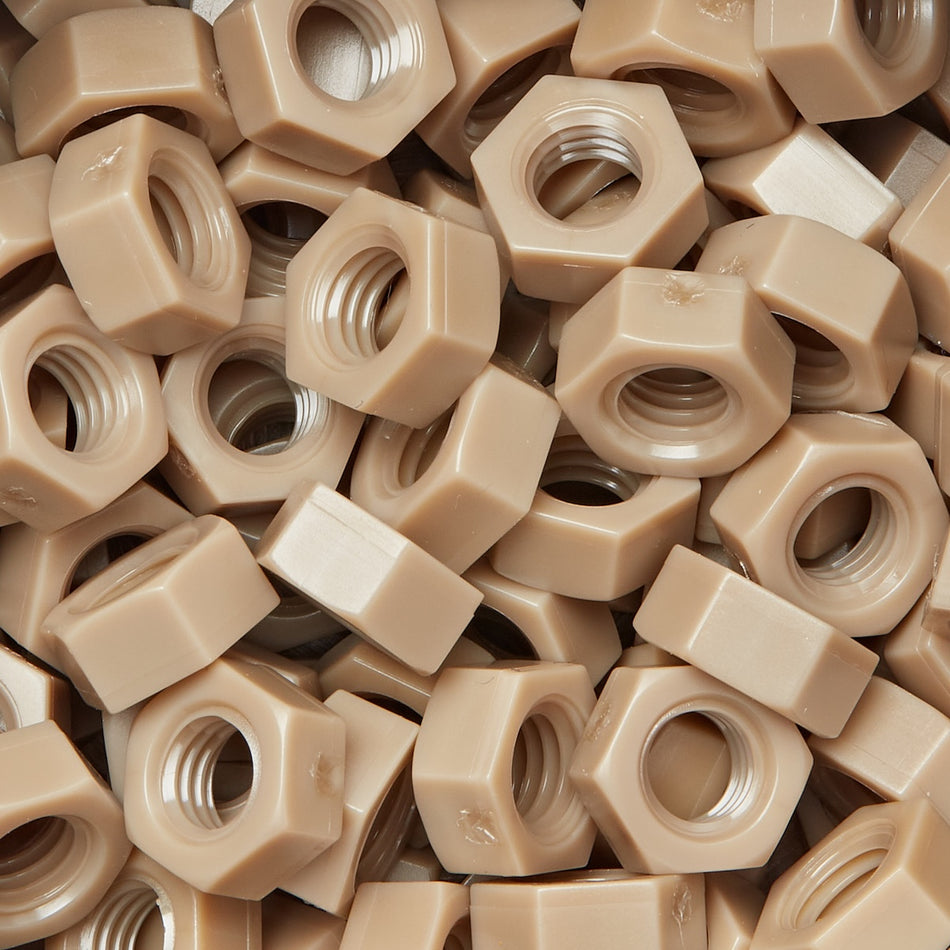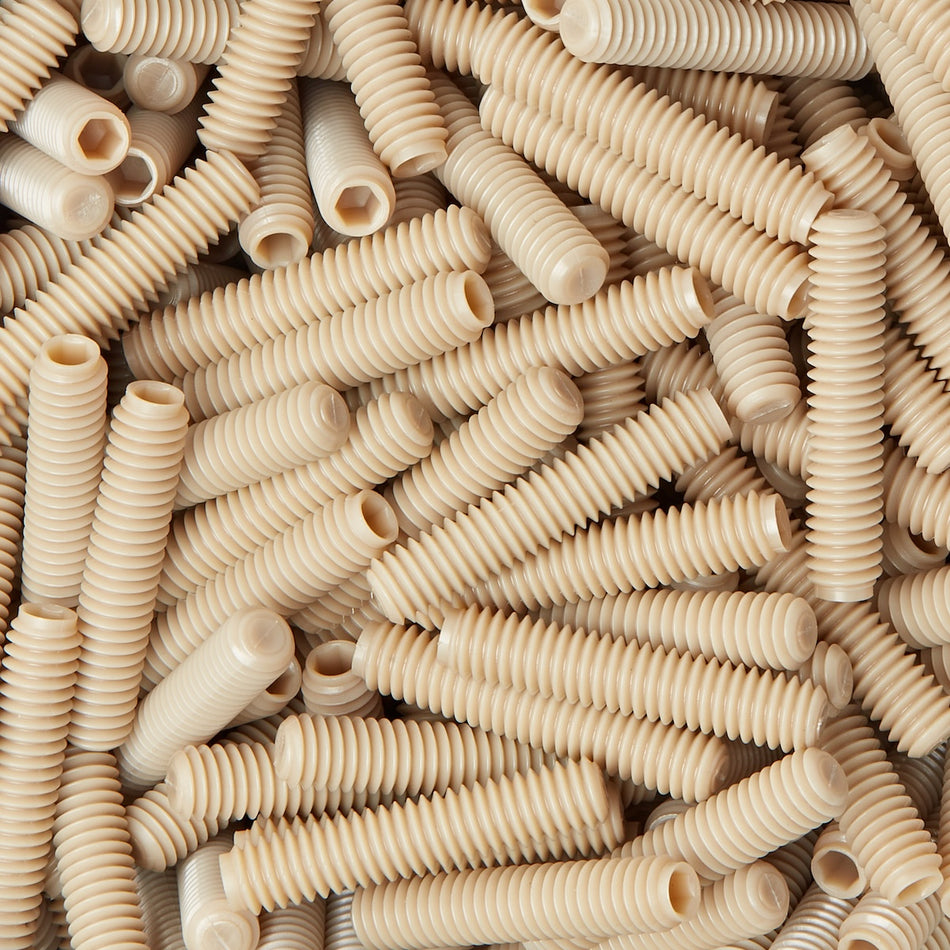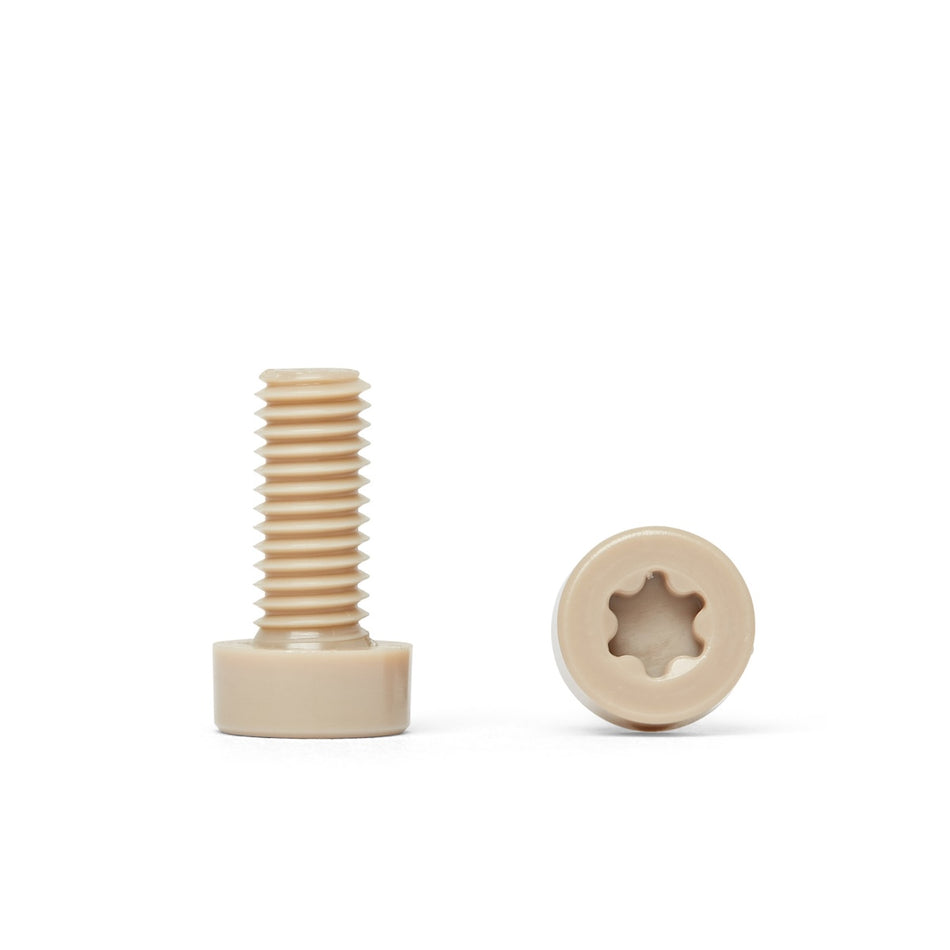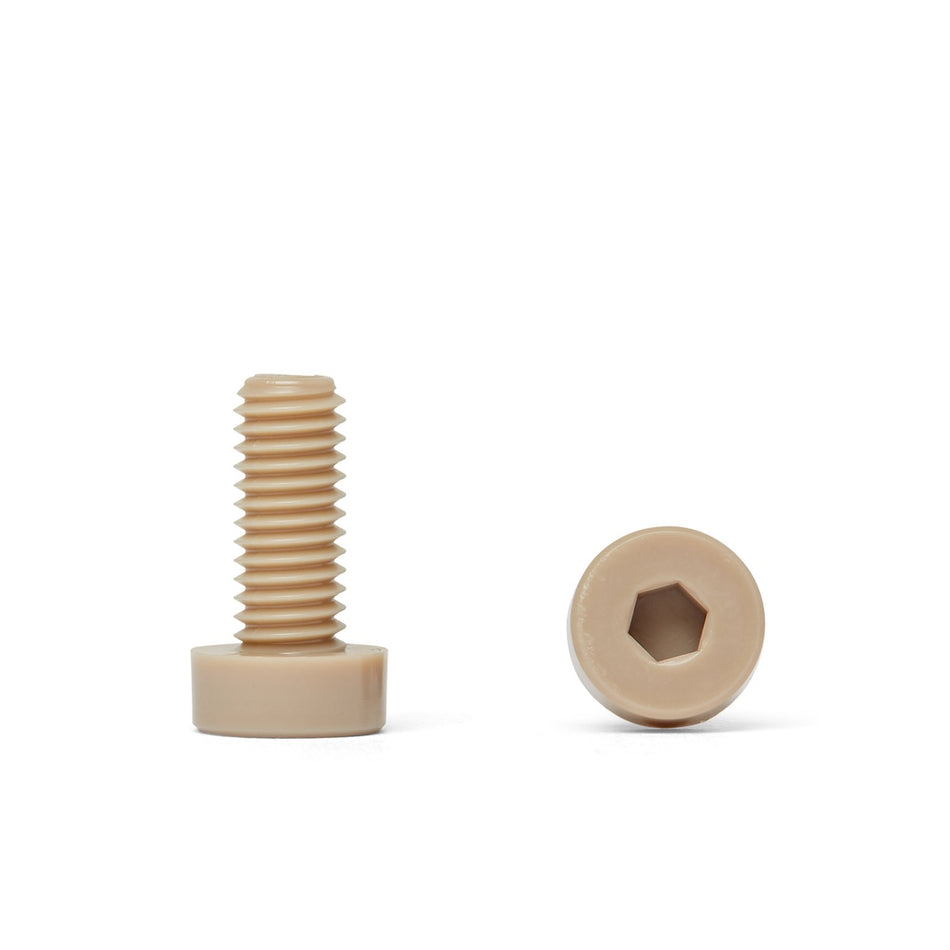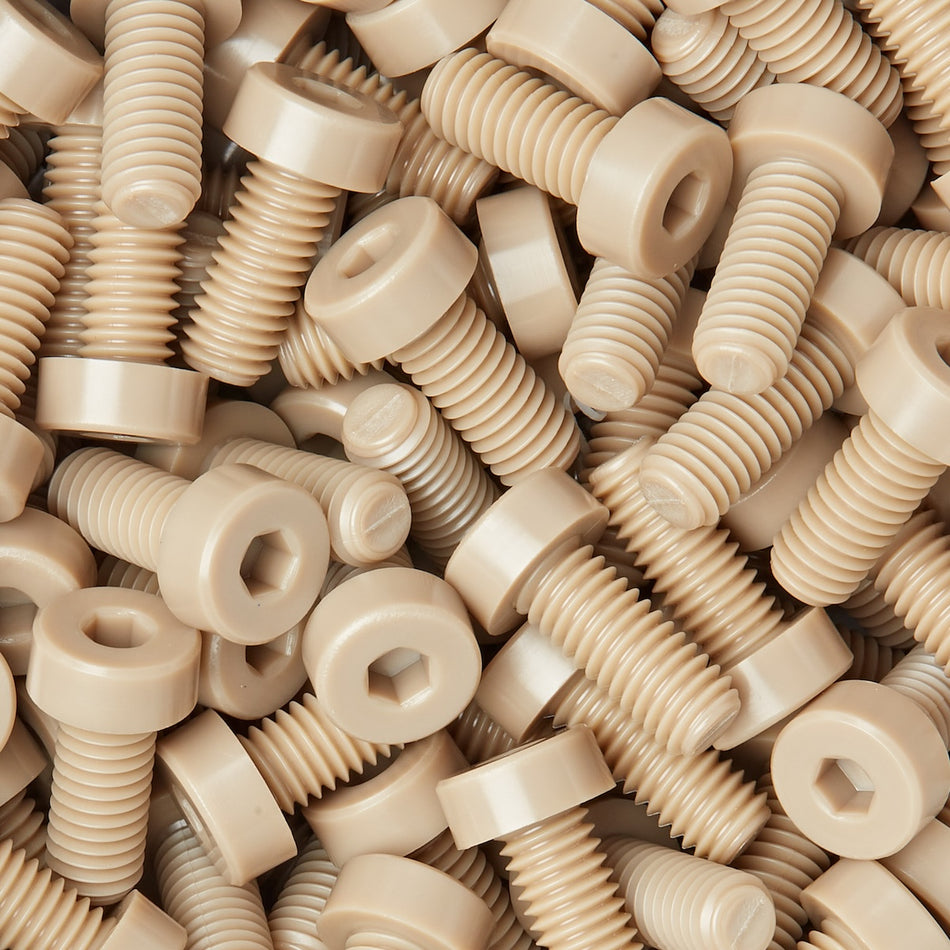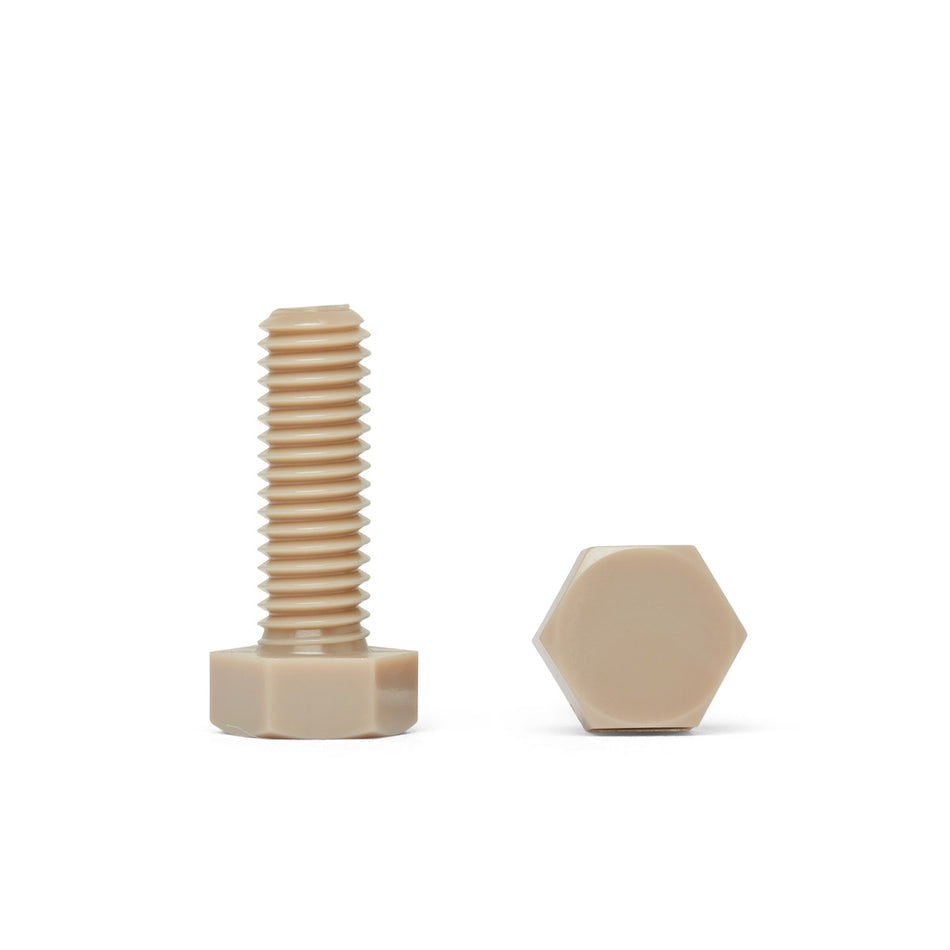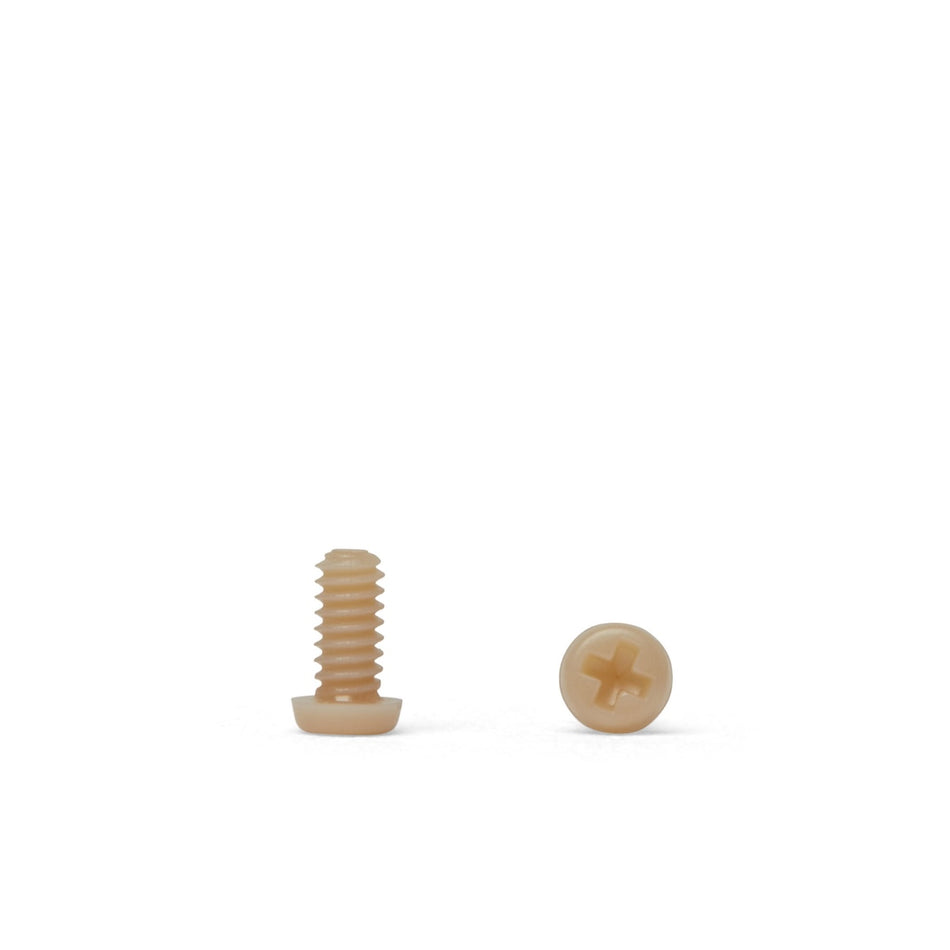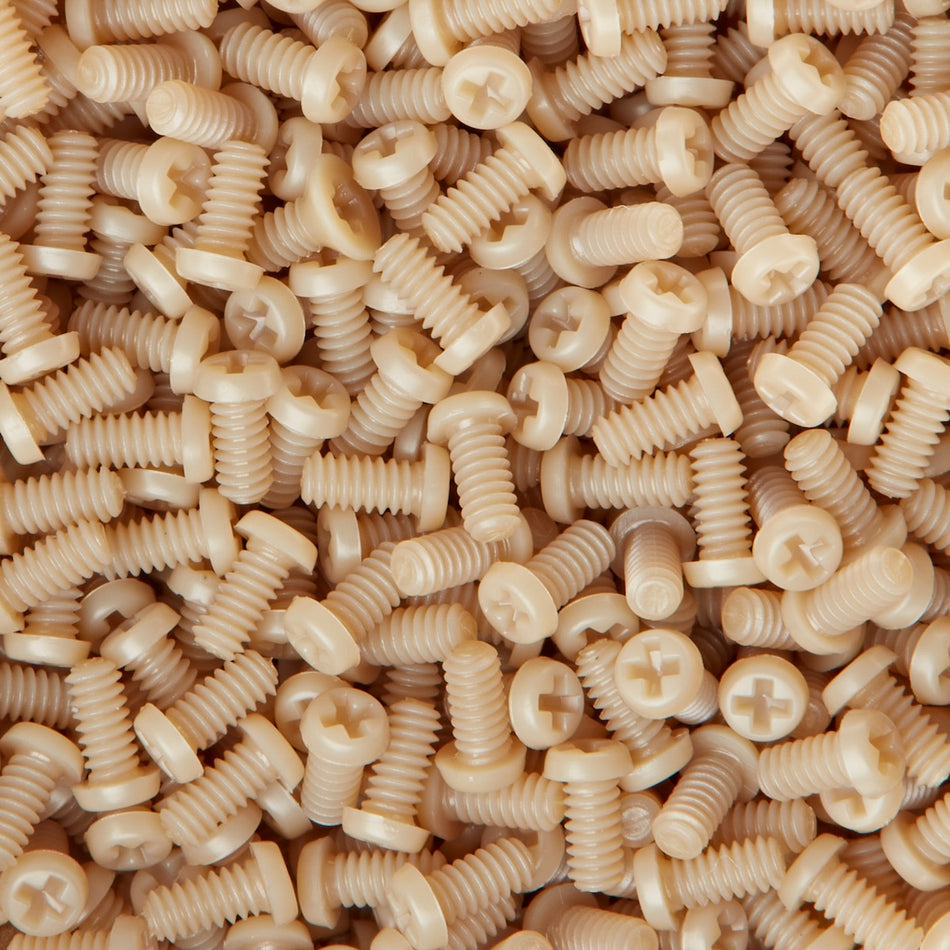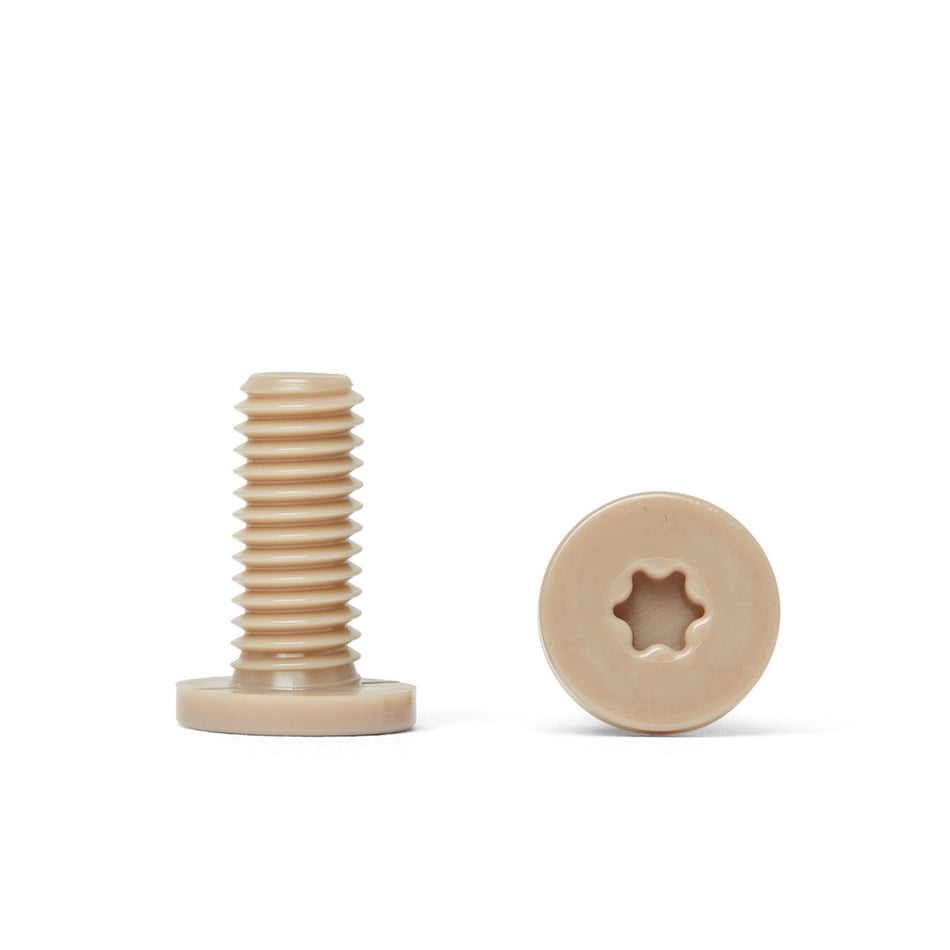107 Prodotti
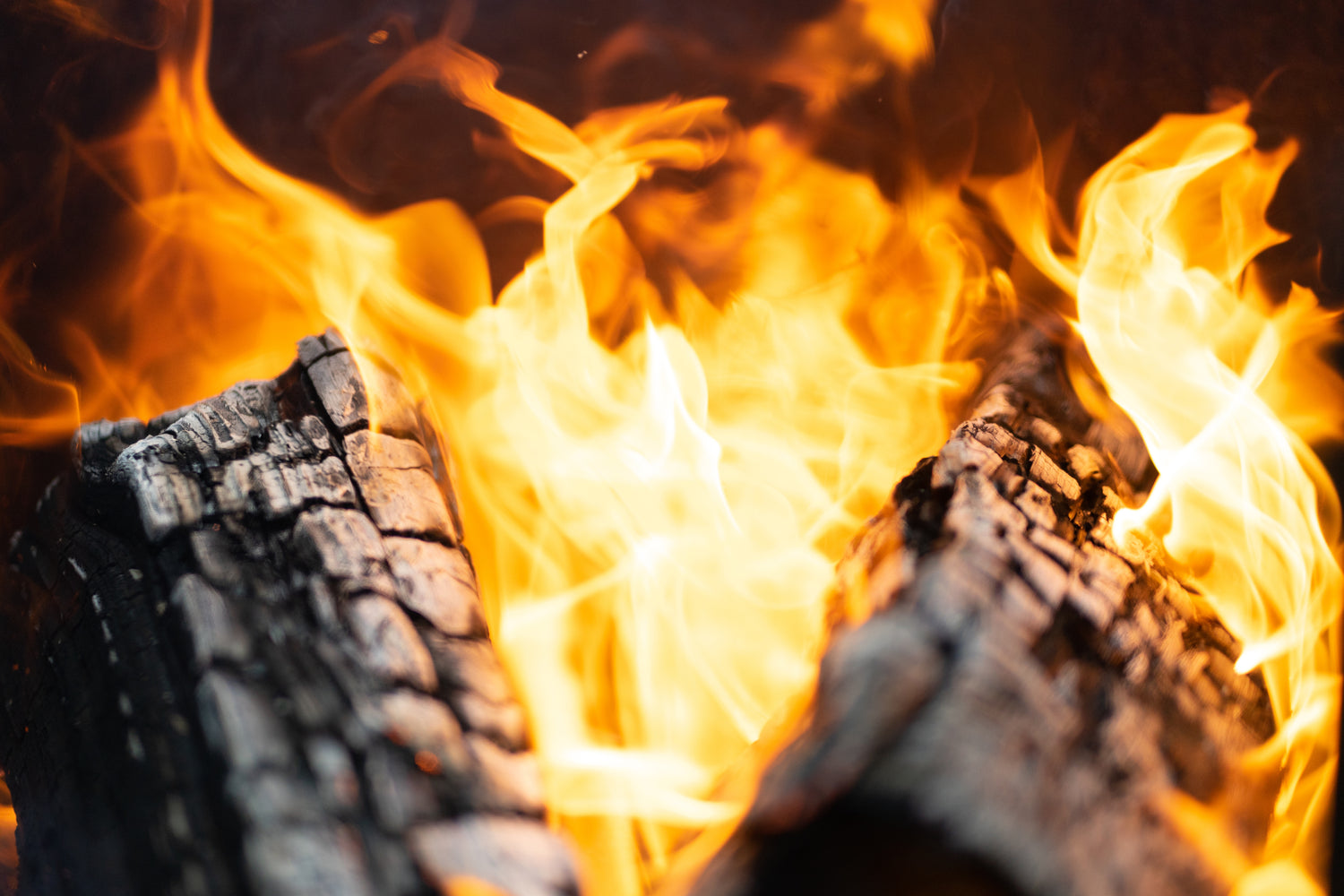
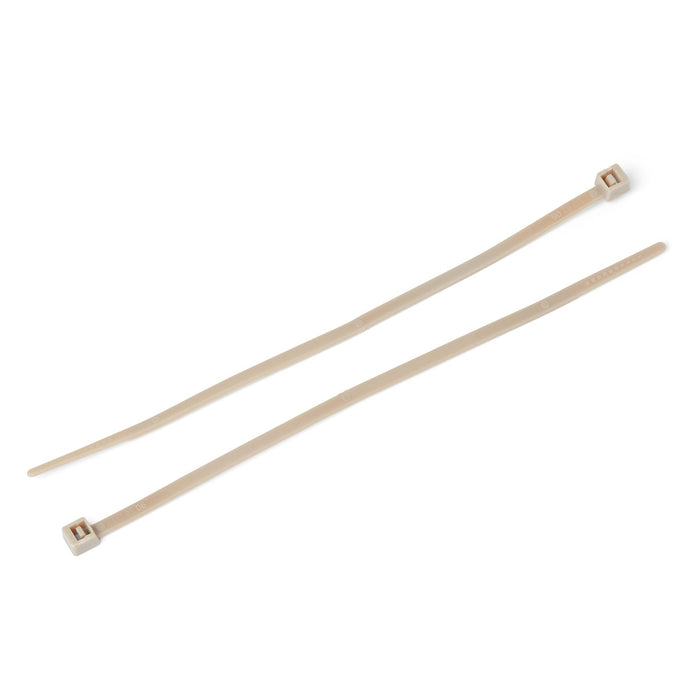
Why Are Flame Resistant Fasteners Needed?

Flame Resistant Polymer Materials
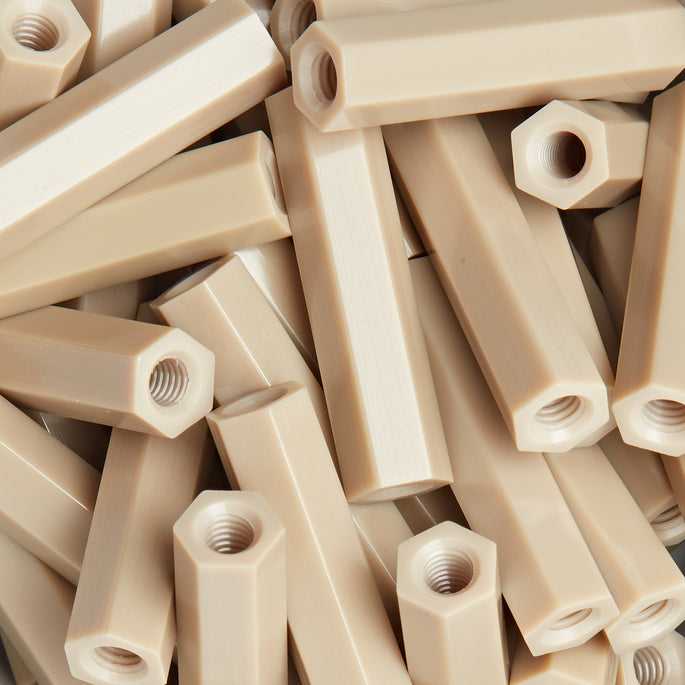
What are common uses of flame resistant polymer fasteners?

What makes these fasteners flame resistant?
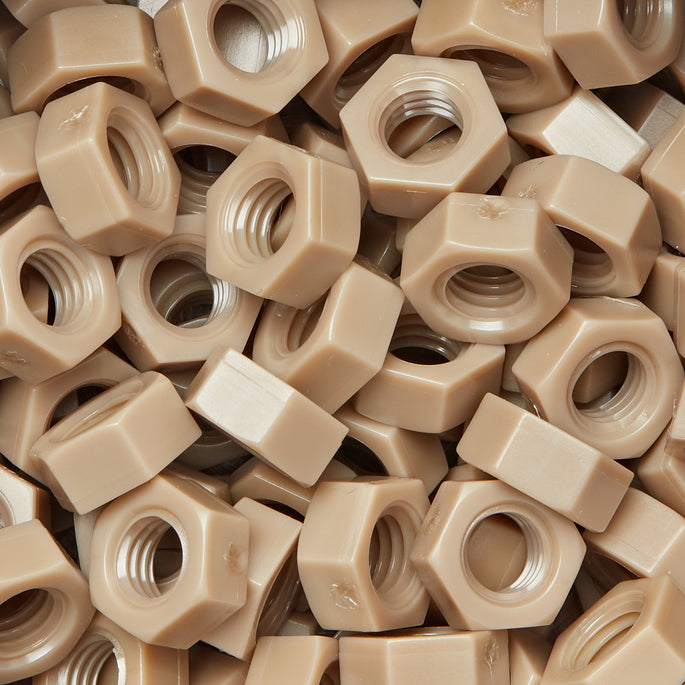
What are the benefits of flame resistant fasteners?
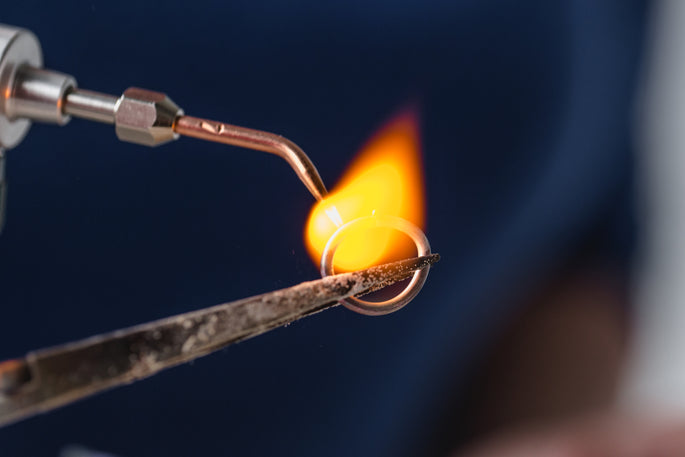
Do flame resistant polymers have other properties beneficial to their typical industries?
Le viti, i dadi, i bulloni, le rondelle e gli elementi di fissaggio in polimeri resistenti alla fiamma sono prodotti con polimeri a bassa infiammabilità ed elevata resistenza alla propagazione delle fiamme. Vengono utilizzati in una serie di applicazioni in cui la sicurezza antincendio è un problema, come ad esempio nell'edilizia, nei trasporti e nell'industria militare, o in ambienti in cui è presente il rischio di incendio.
Esiste una varietà di polimeri resistenti alla fiamma che possono essere utilizzati per produrre viti, dadi, bulloni, rondelle e dispositivi di fissaggio, tra cui l'ossido di polifenilene (PPO), il policarbonato (PC) e l'ossido di polifenilene/polistirene (PPO/PS). Questi polimeri sono noti per la loro bassa infiammabilità e l'elevata resistenza alla propagazione delle fiamme, che li rende adatti all'uso in applicazioni in cui la sicurezza antincendio è un problema.
Le viti, i dadi, i bulloni, le rondelle e i dispositivi di fissaggio in polimeri resistenti alle fiamme possono essere utilizzati in una serie di applicazioni in cui la sicurezza antincendio è un problema, come ad esempio nella costruzione di edifici, veicoli e altre strutture, nonché nella produzione di apparecchiature di sicurezza e nel funzionamento di sistemi militari e di trasporto. Possono essere utilizzati anche nell'assemblaggio di componenti elettrici ed elettronici e nella produzione di materiali per l'isolamento elettrico.
Gli elementi di fissaggio in polimeri resistenti alla fiamma sono spesso scelti per la loro bassa infiammabilità e l'elevata resistenza alla propagazione delle fiamme, oltre che per altre proprietà vantaggiose, come la resistenza alla corrosione e le buone proprietà meccaniche. Possono contribuire a migliorare la sicurezza e l'affidabilità delle apparecchiature e delle strutture in ambienti a rischio di incendio, nonché a prevenire la propagazione delle fiamme e a ridurre il rischio di incidenti legati al fuoco.
In generale, le viti, i dadi, i bulloni, le rondelle e i dispositivi di fissaggio in polimeri resistenti alla fiamma sono un componente importante in molte applicazioni in cui la sicurezza antincendio è un problema e possono contribuire a migliorare la sicurezza e l'affidabilità di apparecchiature e strutture in ambienti a rischio di incendio.

